By: Angie Duarte
The celebration marks 50 years of the UAE’s formation in 1971, a journey that has brimmed with bountiful blessings and a solid, strategic economic roadmap for the coalition of seven emirates; a boom which began under the leadership of Sheikh Zayed bin Sultan Al Nahyan, esteemed former ruler of the UAE.
Since its major discovery of oil in Umm Shaif, Abu Dhabi in the 1950’s, the UAE, particularly in the emirates of Dubai and Sharjah, has branched out into other free-market capitalist economies. Among these more recently-emerged economies are trade; tourism; machinery, electrical, and transportation equipment; minerals, stones, and precious metals; and technology, to name a few. While still heavily reliant on oil- and petroleum-based products, as well as on natural gas, the UAE now has the most diversified economy in the Gulf Cooperation Council (GCC). This has been, in great part, thanks to the momentum initiated by Sheikh Zayed.
Recognizing the UAE’s ideal location as a hub for global commerce, Sheikh Zayed successfully brought in major foreign investment, a trend which has continued through the years, well into the leadership of H. H. Sheikh Khalifa. Among the countries that have steadily invested into the region, Japan continues to be a primary player in the area, with bilateral relations dating to 1972, and the opening of the Japanese embassy in the UAE in April 1974.
50 golden years — and stronger than ever
As with all other foreign investors in the UAE, Japan’s interest in the emirates commenced in the oil industry. Through the years, however, these interests have diversified, particularly in the area of trade, with Japan’s brisk exports spanning a roster of products, including automobiles, machinery, and electric items. As of 2017, Japan’s exports to the UAE totaled USD 7.2 billion, while its imports from the emirates, in the form of petroleum, LNG, and aluminum, amounted to USD 20.7 billion.
“The relations between the two nations have focused on the energy fields, but the current status has changed significantly. The UAE has succeeded in transitioning from a sole focus on oil economy with a diversified portfolio in trade, the financial sector, the manufacturing sector, transportation, space industry, and banking,” His Excellency Akihiko Nakajima, Japan’s Ambassador to the UAE, notes.
The UAE has succeeded in transitioning from a sole focus on oil economy with a diversified portfolio in trade, the financial sector, the manufacturing sector, transportation, space industry, and banking.
Akihiko Nakajima, Japan’s Ambassador to the UAE
In terms of business opportunities, Nakajima underscores the UAE as an investment destination, well into the foreseeable future. “In the energy sector, from traditional to new phases of energy cycles; in the infrastructure market, electricity, desalination, transportation,” he says, of viable areas of investment. “We can also look into experimental projects for social engineering—for example, the ICT, the UAE hyperloop, and the space industry—from a different angle where we look at not just technology, per se, but the vision and management of such,” he adds.
Why invest? An array of advantages
Nakajima stresses several advantages, both tangible and intangible, that propel continued investment into the UAE. These benefits include the UAE’s impressive transport infrastructure, modernized services, status as a Free Trade Zone, liberal social atmosphere and tolerant religious policy, security and safety, as well as the area’s political influence in the GCC.
In reference to a global landscape that has been largely redefined by the COVID-19 pandemic, the UAE has adapted with noteworthy agility. Nakajima points to the high vaccination rate, PCR testing as a social infrastructure, as well as the government’s public management systems as plus-factors amidst the pandemic. He also highlights the ongoing digital transformation, “further widening the window of opportunities by accelerating the social implementation of Information Technology” in the face of the crisis.
Forging the future by melding minds
A major event of the Year of 50 is the Dubai World Expo 2021. Bearing the theme “Connecting Minds, Creating the Future” the expo is a much-anticipated highlight of the UAE’s Golden Jubilee festivities. Initially slated for last year but bumped to this year on account of the pandemic, the expo runs from October 1, 2021 to March 31, 2022. The organizers have billed the expo as a “festival of human ingenuity,” as it recognizes the many collaborations and partnerships fostered that have paved the way (and continue to do so) for growth.
A major event of the Year of 50 is the Dubai World Expo 2021. Bearing the theme “Connecting Minds, Creating the Future” the expo is a much-anticipated highlight of the UAE’s Golden Jubilee festivities.
Dubai World Expo 2021 likewise revolves around three sub-themes: Opportunity (which emphasizes how essential financial capital and the right partnerships are to growth and innovation), Mobility (which accentuates the necessity of physical mobility for people, as well as for the effective administration of goods and services, and digital connectivity through technology), and Sustainability (the ability to meet the needs of the present generation without compromising the ability of future generations to do the same).
Strengthening ties through culture
Drawing from the rich well of cultural representation within the UAE, especially in the highly cosmopolitan melting pot that is Dubai, this year’s expo recognizes the National Day of each participating country. Japan Day is happening on Saturday, December 11, 2021. The Japan Pavilion will feature exciting exhibits and showcase relevant events. Pavilion attendants will interact with guests, thereby also laying the groundwork for Expo 2025 to be held in Osaka, Kansai, Japan. “We can deepen not only the business ties, but also the cultural aspects, like introduce traditional culture tea ceremony, ukiyoe, flower arrangements, and so on,” Nakajima shares.
The cultural ties between the two nations have, indeed, flourished through the decades.

The cultural ties between the two nations have, indeed, flourished through the decades. For instance, there are a number of Japanese schools in the UAE, catering primarily to over 4,000 nationals of Japan’s nationals residing in the region, as of 2018. This speaks to an ever-growing interest in the UAE, not just for its storied past as an oil-rich land, but for its compelling future beyond that. “We should not just look back on the last 50 years of ties between Japan and the UAE but also explore the future 50 years,” Nakajima encourages.
Ever-evolving into tomorrow
I feel like we are witnessing the birth of new civilization, beyond the modern world.
Akihiko Nakajima, Japan’s Ambassador to the UAE
Marked by a spirit of dynamism and dedication to development, not just of its emirates, but of its citizenry, the UAE is poised to launch into tomorrow. “I feel like we are witnessing the birth of new civilization, beyond the modern world,” Nakajima reveals about the ever-evolving region. “The management, which is a buzzword in this country, is superb. Expatriates are welcome and seem very relaxed. So, let’s go on taking a closer look of this country.”



